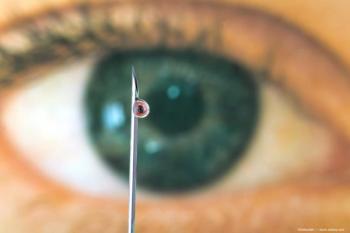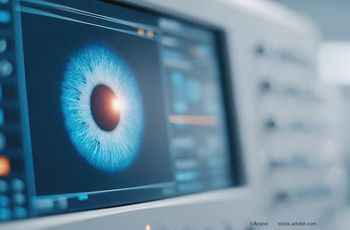
A ‘mental’ picture
Aphantasia can rob one of voluntarily visualizing places, things
Soon it will be time to pack up the sunscreen, umbrella, and towel and head to the beach. In fact, a good way to get through the cool and wet days of spring is to sit back, close one’s eyes, and visualize sitting in a beach chair surrounded by sand on a hot, summer day and cooled by a gentle, ocean breeze and
One friend tells me her images are not so strong, but it is the positive feelings associated with those images that register strongly. It turns out that not everyone can escape reality for a few minutes by visualizing a getaway to some beautiful setting. In the category of learning something new every day, I learned that there are people who have a condition termed, “
When these individuals close their eyes and try to visualize a beautiful beach or the face of a dear parent or beloved child (or anything for that matter), they see nothing. I don’t remember learning about this condition, which was named by
Apparently, one in 50 people has aphantasia. The explanation is unknown, but the condition is presumed to have something to do
Blind mind’s eye
What captured the attention of the
However, I wonder whether it makes a difference for surgeons. As a first-year resident, I vividly recall visualizing every step of cataract surgery (extracapsular extraction in those days) prior to performing my first such operation on a patient. Everything went smoothly in my head the night before and (fortunately) equally smoothly the next morning in the operating room.
I have always taken it for granted that my fellow ophthalmologists used the technique of visualization to help master new procedures. If someone with aphantasia cannot practice in their heads, does that make a difference? So, dear reader, I ask you to take a few minutes to close your eyes and call upon your brain to conjure up the image of someone or something you care very much about-a loved one, a beautiful beach, the cover of
Disclosures:
Peter J. McDonnell, MD
E: [email protected]; P: 443/287-1511
Dr. McDonnell is the director of the Wilmer Eye Institute, Johns Hopkins University School of Medicine, Baltimore, and chief medical editor of Ophthalmology Times.
Newsletter
Don’t miss out—get Ophthalmology Times updates on the latest clinical advancements and expert interviews, straight to your inbox.





























